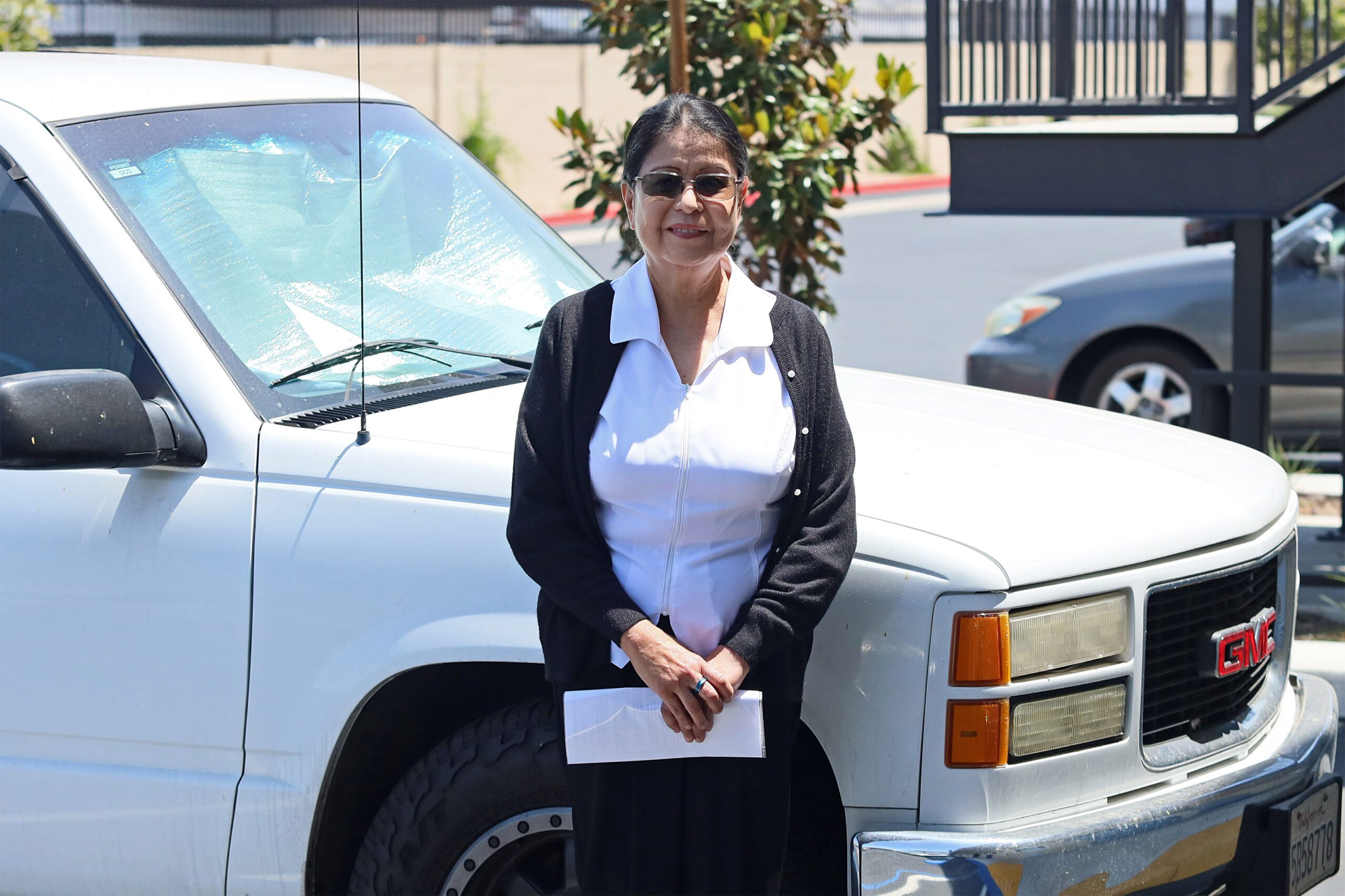Cannabis companies generally have been raising less money this year versus previous years, but not all industry sectors are coming up short.
Marijuana real estate lenders are bucking the trend.
Even federally insured banks are opening their checkbooks for these companies.
Here’s a closer look at what’s going on:
1. American companies that lend money and provide sale-leasebacks to the U.S. cannabis cultivation and retail sector have raised $517 million year-to-date as of May 19, 2022 – 232% higher than the total last year and higher than in the equivalent period in any previous year.
Viridian Capital Advisors assigns these companies to the “real estate” sector, one of 12 subsectors of the cannabis industry that we track closely.
ADVERTISEMENTMajor companies in the sector include AFC Gamma (Nasdaq: AFCG), Chicago Atlantic Real Estate Finance (Nasdaq: REFI), Innovative Industrial Properties (NYSE: IIPR), NewLake Capital Partners (OTC: NLCP), Power REIT (NYSE: PW) and privately held Pelorus Equity Group and Viridescent Realty Trust.
Real estate is one of the only sectors in cannabis that has raised more money year-to-date than in 2021, even though its client base – the cultivation and retail sectors – has seen its year-to-date financing drop by 73% versus the same period last year.
2. What explains that apparent disconnect? Stock Prices!
The cannabis real estate sector got off to a slow start in 2021 because cannabis stocks were hot and financing was being done almost exclusively with equity.
For the four weeks ended Feb. 26 of last year, debt accounted for only 2% of global cannabis financing.
In that environment, cannabis real estate companies had little need for capital raises because business was slow.
However, after cannabis stocks peaked in February 2021, things changed rapidly.
By the end of the year, more than 90% of global cannabis financing had shifted to debt.
Chalk it up to tumbling cannabis stocks.
3. Year-to-date in 2022, virtually all the capital raised by the U.S. cultivation and retail sector has been debt. Even the lenders are raising capital through debt.
In the past month alone, the real estate sector has raised $110 million, all through debt:
CompanyTransaction dateTickersDeal typeNet proceeds (USD)CouponMaturityType Chicago Atlantic Real Estate Finance5/12/22REFI:NasdaqUpsize of revolving credit facility$20.004.50%12/15/23Secured NewLake Capital Partners, Inc.5/9/22NLCP:OTCQXRevolving credit facility$30.005.65%5/9/27Secured AFC Gamma, Inc.5/2/22AFCG:NasdaqSenior secured revolving credit facility$60.004.50%4/29/25Secured4. Interestingly, both AFC Gamma and Chicago Atlantic credit facilities were funded by federally insured banks.
Banks are beginning to venture into financing plant-touching companies, but the vast majority of them are fearful for their exchange listings and reputations considering marijuana remains illegal under federal law.
There are other impediments to banks becoming cannabis lenders.
Cannabis is a nascent industry in which few banks have established expertise.
There are also highly burdensome federal anti-money laundering (AML) and “know your customer” (KYC) requirements to ensure that the cash involved in the business is traceable.
Many banks probably believe it isn’t worth getting involved before legalization.
They perceive a more straightforward, albeit less profitable, way to proceed through lending to the specialized cannabis lenders.
Expert advice for a stronger shelf life
Learn the fundamentals for getting started in cannabis retail in this comprehensive guide curated by the editors at MJBizDaily with help from industry experts.
Inside the MJBizDaily Retail Buyers Guide:
- Learn best practices for designing a cannabis dispensary.
- Select display infrastructure that supports industry compliance.
- Choose the right point-of-sale system for your operation.
- How to incorporate e-commerce and home delivery.
- And more!
5. Meanwhile, these real estate sector lenders are deploying capital aggressively in a risk-off environment.
- They are making enormous spreads on secured, top-of-the-capital-stack debt. For example, AFC Gamma’s January S11 registration statement showed an average yield on its portfolio of 19%. Meanwhile, it raised $60 million of debt in May at 4.5%. That kind of spread would seem to indicate the likelihood of significant credit losses, but AFC has only about 4% of its portfolio classified as having a substantial risk of loss.
- There is a sense of urgency from the potential of some form of banking reform. The lenders are working hard to build up their portfolios before banking reform allows banks and other financial institutions to compete. Single B high-yield bonds now trade around 8% and triple Cs at about 13%. The latter is a good indicator of where unsecured lending rates could go in a fully legalized environment for the smaller private cultivators.
We expect to see continued brisk lending from cannabis real estate lenders as access to other forms of capital for cultivation and retail companies becomes more difficult.
Frank Colombo is director of data analytics at Viridian Capital Advisors, a New York-based cannabis capital, M&A and strategic advisory firm. He can be reached at [email protected].
His previous analysis is available here.
To be considered for publication as a guest columnist, please submit your request here.
Original Article










